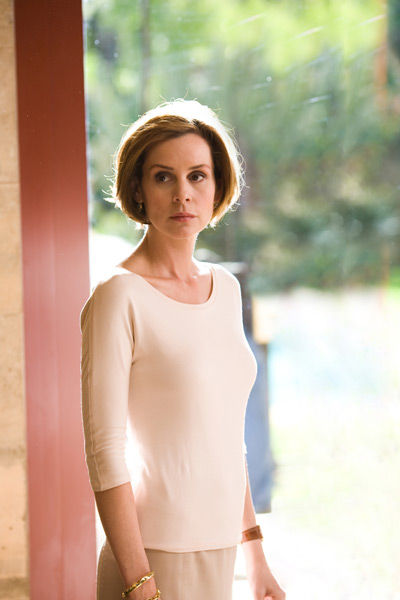

“From the beginning, I did not like Barry,” Hannah told a cable television host on Monday. One of the driving forces for Hannah’s life-changing decision was Barry Soper, the owner of an apartment complex who befriended Hannah and eventually hired him. When her mom figured it out, she admitted Hannah for eating disorder treatment with Aurora Health Care.What It's Like to Spend Christmas Eve on Candy Cane Lane “Not a parent, not a best friend, not a random person on the internet.” “I hadn’t talked to anyone about anything that I struggled with,” Hannah said. She privately purged for months, and she started cutting herself - all in her "own little secret bubble." That brought on depression, and she developed an eating disorder. Her weight loss led to an injury, though, which meant she had to stop running.

“In my perfectionist state of mind in the moment, I liked it,” Hannah told Milwaukee PBS. She ran in middle school and got more competitive in high school. Hannah’s story for Milwaukee PBS starts with cross country. “Keeping it bottled up - it wasn’t helping me, it wasn’t helping the next person, it wasn’t helping me help others.” “I want people to understand that they’re not alone because I thought I was, and I thought no one was experiencing the same things I was,” Amaii said. They decided to share their stories publicly, too, to pay forward the impact of the four people who’d shared with them. Since then, Hannah and Amaii have told each other things they’d long kept quiet. Hannah told Amaii she would be her "person" from now on. We were just immediately drawn back to each other.” “It was one of those great hugs where you just never want to let go,” Hannah later told Milwaukee PBS producers. “When we were both in that emotional state, it didn’t really matter we hadn’t been close for a couple years. They hadn't been close in the past couple years, but they were good acquaintances. When the conversation at Rufus King wound down that day, Hannah found Amaii. Research also shows that while dramatized stories of suicide can lead to contagion, stories of people who’ve survived suicidal thoughts can have the opposite “Papageno effect,” encouraging people to seek help.

Research has not found that traditional negative messaging on mental health works experts say hopeful messages from peers can be more effective. A 2015 study at the University of Rochester found that student-led presentations were successful in making students more likely to reach out to adults for mental health support. "Many of our patients feel hopeless, and this documentary can be a motivational force for a positive change." “I would like to use the documentary in my group since it is a beacon for hope,” said a psychotherapist who works with children and adolescents who are suicidal. RELATED: You're Not Alone: A documentary and suicide-prevention toolkit They include school staff, mental health professionals, lawmakers, faith leaders, and others. Since the release of the film this spring, more than 250 people around the world have requested copies for their own screenings. That was the goal of “You’re Not Alone,” which features young Wisconsinites and has been screened across the country as a conversation-starting film. Their stories are two examples of a growing body of research showing peer-to-peer conversations about mental health are uniquely effective in helping young people open up and seek help. And the conversation that day gave both the confidence to speak about their mental health challenges in new ways.Īmaii and Hannah are the subjects of a follow-up segment to “You’re Not Alone," airing 7:30 p.m. That moment - when Hannah heard Amaii express something she’d never guessed she was feeling - sparked a new connection.


 0 kommentar(er)
0 kommentar(er)
